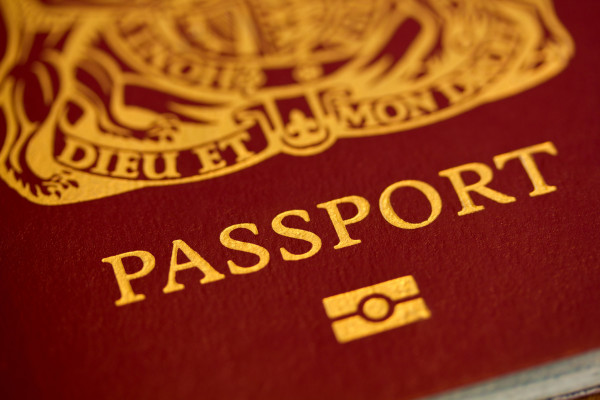This course was last updated in October 2022.
Deprivation of citizenship cases are on the rise. Some cases are on public good grounds, some on the grounds of deception. This course looks at both and also covers the separate process of nullification.
The course is only available to paying members of Free Movement. If you are not already a member, you can join here and access not just this course but all of our courses. Membership starts from £24 plus VAT per month, or £240 plus VAT for annual membership, and you can cancel at any time. We also offer corporate and group membership options.
You can check out the course contents below.
| Module 1 | Use of deprivation powers in practice | |
|---|---|---|
| Unit 1 | Introduction to citizenship deprivation: modern banishment | |
| Unit 2 | Numbers and types of deprivation cases | |
| Unit 3 | Examples of use of public good deprivation power | |
| Unit 4 | Examples of use of deception deprivation power | |
| Unit 5 | Examples of citizenship nullification | |
| Module 2 | The current power of deprivation and how it has evolved | |
| Unit 1 | 1948 to 2002 | |
| Unit 2 | 2002 to 2006 | |
| Unit 3 | 2006 onwards: the current power | |
| Module 3 | Bringing a legal challenge to deprivation or nullification | |
| Unit 1 | Bringing a legal challenge | |
| Unit 2 | Deprivation and deportation compared: meaning of “public good” | |
| Unit 3 | Difference between deprivation and nullification | |
| Unit 4 | Deception, causation and deprivation | |
| Unit 5 | Definition of “public good” in deprivation cases | |
| Unit 6 | Compatibility of deprivation with human rights laws | |
| Unit 7 | Feedback form | |
| Unit 8 | Final quiz |

